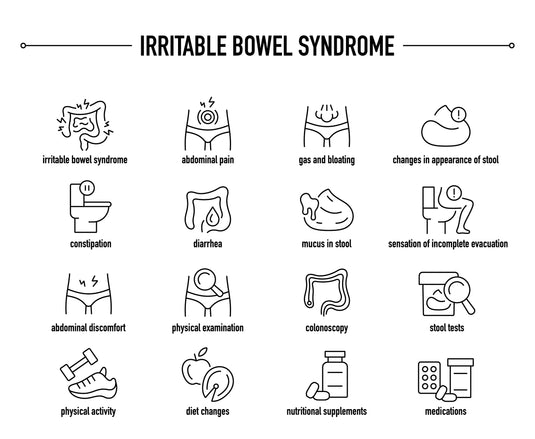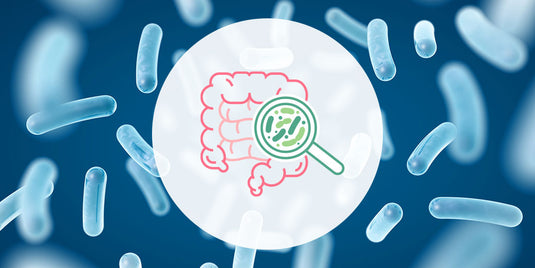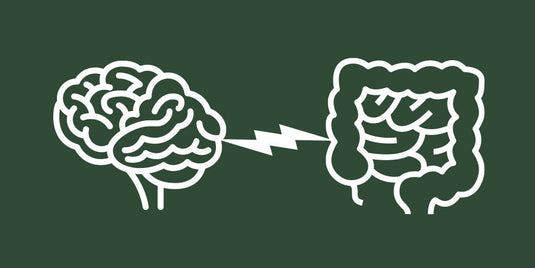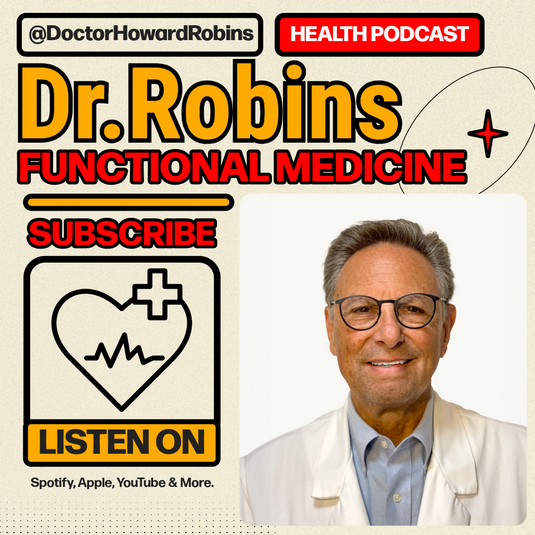Introduction
Irritable Bowel Syndrome (IBS) is a common gastrointestinal disorder affecting millions of people worldwide. It is often characterized by a combination of annoying symptoms including abdominal pain, bloating, gas, diarrhea, and constipation. Clearly, IBS can significantly impact a person's quality of life. While there is no actual cure for IBS yet, various treatments and lifestyle changes can definitely help manage and even reduce the severity of its symptoms. One such potential remedy that has gained attention in recent years is the use of probiotics like Doctor’s Biome ®. We will delve further into this subject, especially because there are no other probiotics on the market today quite “like Doctor's Biome ®”!
“Probiotics are living microorganisms that are nonpathogenic. They are known to produce several beneficial effects, such as altering the host's immune response in the gastrointestinal tract and lowering the growth of pathogenic organisms by enhancing the microbial balance. These can be consumed in the form of food and even dietary supplements.” National Library of Medicine.
Let’s further examine the relationship between IBS and probiotics, and how these beneficial living bacteria may offer relief from the symptoms of IBS and improve our overall gut health.
What is IBS?
Irritable Bowel Syndrome is a functional gastrointestinal disorder, meaning it involves major changes in the way the gut functions, rather than structural abnormalities or identifiable diseases. The exact cause of IBS is still not fully understood, but current research reveals it involves a combination of factors, including:
- Gut motility: Abnormalities in the movement of the digestive tract can lead to the symptoms of IBS.
- Visceral hypersensitivity: People with IBS may even display an increased sensitivity to pain and discomfort in the gut area.
- Gut-brain axis: Communication between the gut and brain can influence gut function and contribute to IBS symptoms
- Gut microbiome: Imbalances in the gut's natural bacteria (microbiota) may play a role in the development of IBS.
- Genetics: A family history of IBS may increase a person's risk of developing the condition, bringing genetics into the equation.
- Psychological factors: Stress and anxiety can exacerbate IBS symptoms. This is another example of gut-brain access! There is real communication and connection between the two!
The Role of Probiotics in Alleviating Symptoms of IBS
Probiotics are live microorganisms, primarily bacteria, that provide health benefits when consumed in adequate amounts. These beneficial bacteria are naturally found in the gut and play a key role in maintaining digestive health. When the balance of the gut microbiome is disrupted, it can lead to digestive issues such as IBS.
Research has shown that probiotics may offer several benefits for individuals with IBS, including:
- Restoring gut microbiome balance: Probiotics can help restore the balance of beneficial bacteria in the gut, which may alleviate symptoms of IBS.
- Reducing inflammation: Probiotics may help reduce inflammation in the gut, which can improve symptoms such as abdominal pain and bloating.
- Modulating immune response: Probiotics support a healthier immune response, which may help manage IBS symptoms.
- Improving gut motility: Probiotics may help regulate gut motility, potentially relieving diarrhea or constipation associated with IBS. Note: In biology, motility is the ability of organisms and fluid to move or get around.
Types of Probiotics for IBS
The following strains of probiotics are some of the most commonly studied strains for IBS, and are in all of our formulas. Each one has its own unique potential benefits.
- Bifidobacterium infantis: This strain has shown promise in reducing symptoms such as bloating, pain, and gas.
- Lactobacillus acidophilus: Known for its digestive health benefits, this strain may help improve overall gut function.
- Lactobacillus plantarum: This strain has been studied for its potential to reduce symptoms such as pain and bloating.
Using Probiotics for IBS
- Choose a reputable brand such as Doctor’s Biome ®: Medical Food. Our 100% organic blend of vegetable and fruit juices formulated with medical grade living probiotics is an excellent choice for IBS. Packed with over 80B CFUs its quality, potency and effectiveness, has shown promising results in testing and open clinical trials.
- Monitor your symptoms: Pay attention to how your body responds to the probiotics over time, and track any changes in your IBS symptoms.
- Be consistent: Depending on the severity of your symptoms, you must give the probiotics time to do their work. It may take up to several weeks to notice improvements in your particular condition.
Conclusion
Probiotics show promise as a potential treatment or even a possible remedy for IBS by helping to restore the balance of beneficial bacteria in the gut. While more research is needed to fully understand the benefits and limitations of the use of probiotics for IBS, they do offer a natural and effective option for managing symptoms and improving overall gut health. From improved digestion to strengthening immunity, many people have experienced positive changes after incorporating probiotics into their daily routine.
“Grateful” 5/5 Stars
Excellent results in daily usage. I have struggled with IBS for decades. Doctors Biome worked to alleviate all symptoms. My digestive system at 70 years old works well and my quality of life has greatly improved. One bottle a day has made all the difference, I highly endorse Doctors Biome.
Shopper name: Rona R.
With the right guidance, approach and patience, probiotics can play a valuable role in your journey toward better digestive health and ultimately the relief of symptoms.
If you are considering using probiotics as part of your IBS management plan, it's always important to consult with a healthcare provider first. Your doctor can advise and help you choose the most appropriate probiotic strains and dosages for your specific needs.
Disclaimer: This blog provides general information about Doctor’s Biome ® : Medical Food and its potential benefits for addressing the symptoms of Irritable Bowel Syndrome (IBS). It is not a substitute for professional medical advice and individual responses to probiotics can vary. Consulting your healthcare professional before starting any supplementation routine is strongly advised.


![THE DOCTOR’S BIOME® DIFFERENCE [We Have the Smarts and the Charts]](http://doctorsbiome.com/cdn/shop/articles/DB_Difference_Infographic_27fc57ba-5eda-489e-b6d1-45f50e7c49a8_535x.jpg?v=1748981561)

